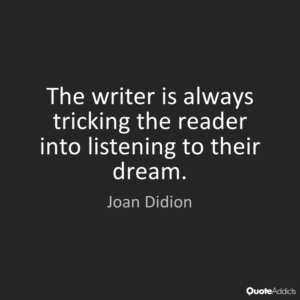I recently blogged about how where you live might affect your writing career, pointing out that access to various traditional media and publishing contacts is more likely in big cities.
I wasn’t remotely suggesting that people move from where they were, or discouraging anyone from writing in the first place if they didn’t live near a major media hub. I was simply pointing out the possible downside of not living where you might have the kind of access to connections and exposure you don’t find in smaller towns and cities.
I’m keenly aware of that having grown up in New York and living in a Michigan town with only one newspaper that doesn’t do a lot of Arts coverage.
Many readers agreed with me when I cross-posted on The Huffington Post (and hundreds posted the column to Facebook), but some argued that the Internet has changed everything. According to them, writers can go anywhere and be anywhere now.
That sounds true, but is it? There are more book stores in big cities where you can meet book sellers, and indie book stores are making a significant comeback. There are also more radio and TV stations where you can do live interviews, more newspapers and magazines. Those contacts can be made long distance and possibly even nurtured that way, but they’re not typically as intense as when they’re face-to-face.
Likewise, meeting writers, agents, and editors in person, sometimes casually, can’t be replaced by texting or Skyping or chatting on someone’s blog. Obviously, you can do some of those things mentioned above by attending workshops and conferences, but you might have a head start if you’re already living where there’s a large concentration of media.
The flip side of course is competition for attention. But that’s just as big a problem on line, maybe bigger, especially now that so many people are going indie and offering their books for $.99 or free. No wonder ebook sales are flattening out.
Is the Internet the answer to a writer’s problems? Sometimes, and sometimes it’s the source of brand new ones.

